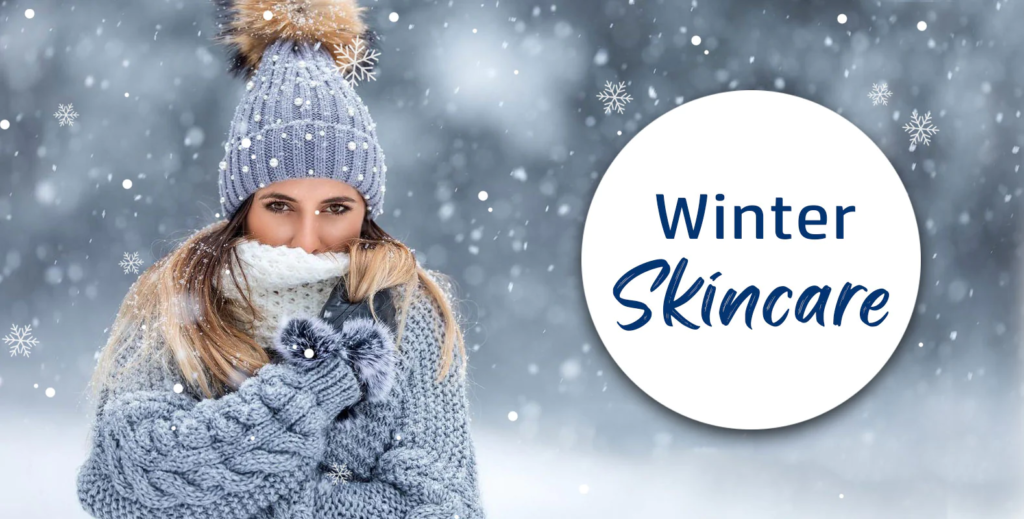Winter care is essential for everyone to stay healthy and comfortable during the colder months. Here are some important considerations and tips for winter care for individuals:

- Dress Warmly:
- Wear layered clothing to trap warmth. Start with a thermal or moisture-wicking base layer, add an insulating layer, and finish with a waterproof and windproof outer layer.
- Don’t forget to wear a hat, gloves, scarves, and warm socks to protect extremities.
- Stay Dry:
- Moisture can make you feel much colder. Ensure your outerwear is waterproof and use an umbrella or raincoat to stay dry in wet weather.
- Stay Hydrated:
- Drink plenty of water even in cold weather. Cold and dry air can dehydrate you, so it’s important to stay hydrated.
- Moisturize Your Skin:
- The cold, dry air can be harsh on your skin. Use a good-quality moisturizer to prevent dryness and chapping.
- Protect Your Lips:
- Chapped lips are a common issue in the winter. Use lip balm to keep your lips moisturized and protected.
- Eat a Balanced Diet:
- Consume a diet rich in fruits, vegetables, and whole grains to boost your immune system. Additionally, including foods high in vitamins C and D can help ward off winter illnesses.
- Exercise Regularly:
- Regular physical activity helps improve circulation and keeps you warm. Indoor exercise can be a great option if it’s too cold outside.
- Avoid Overexertion:
- Be mindful of overexertion when shoveling snow or engaging in strenuous outdoor activities in cold weather. This can put extra strain on your heart.
- Maintain Good Hygiene:
- Continue good personal hygiene habits, including regular handwashing, to prevent the spread of colds and flu.
- Get Sufficient Sleep:
- A good night’s sleep is essential for overall health. Ensure you get enough rest during the winter months.
- Keep Your Home Warm:
- Ensure your home is adequately heated and insulated. Draft-proof windows and doors to keep the cold air out.
- Check Heating Systems:
- Regularly maintain and inspect heating systems to ensure they are in good working condition. This is essential for safety and comfort.
- Prevent Carbon Monoxide Poisoning:
- If you use gas heating, make sure you have a carbon monoxide detector to prevent carbon monoxide poisoning.
- Take Precautions When Using Heaters:
- If using space heaters, be cautious of fire hazards and ensure they are used safely. Keep them away from flammable materials.
- Stay Informed About Weather:
- Pay attention to weather forecasts to plan your activities and be prepared for sudden weather changes.
- Prepare for Emergencies:
- Have an emergency kit ready with essentials like flashlights, batteries, non-perishable food, and blankets in case of power outages or emergencies.
- Consider Seasonal Vaccinations:
- Consult with your healthcare provider about getting a flu shot and other recommended vaccines to protect against seasonal illnesses.
- Mind Your Mental Health:
- Winter can sometimes be associated with seasonal affective disorder (SAD). If you feel affected, consider speaking to a mental health professional for support and guidance.
Remember that winter care can vary depending on your location and individual needs. Adapt these tips to your specific circumstances to ensure you stay healthy and comfortable during the colder months.
